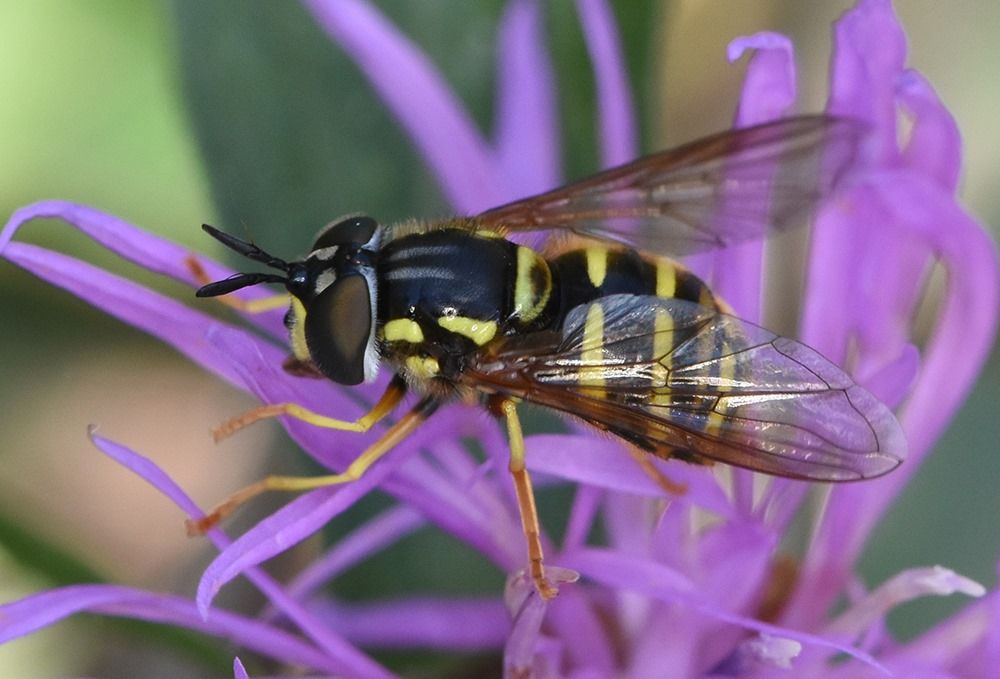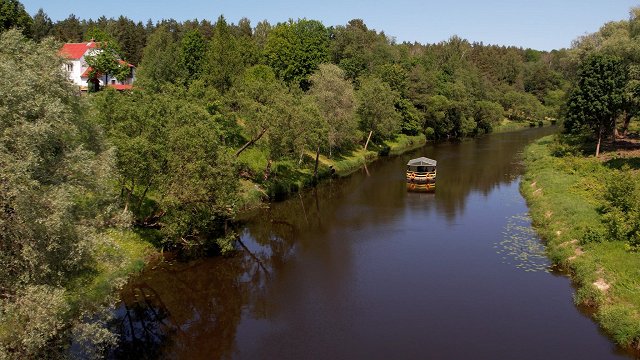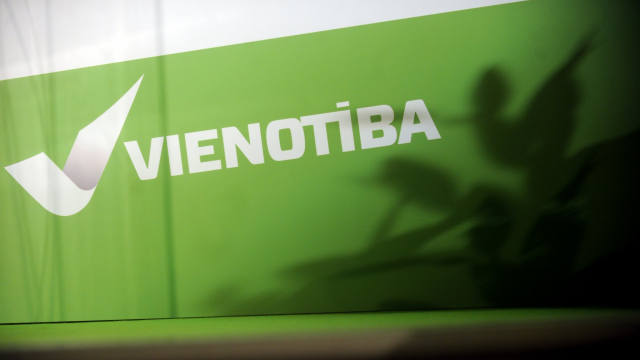And for 2020 the winner, according to the Latvian Entomological Society is... the hoverfly! And not just one specific species, but the entire family of the Syrphidae!
Sometimes also called flower flies, the hoverfly is a familiar sight in the warmer months. Despite their casual resemblance to wasps, they do not sting and indeed are the farmer's friend, earing large amounts of crop-blighting aphids and simultaneously pollinating plants.
Currently 301 species of flower flies and hoverflies are known in Latvia. They are medium to large (6-15 mm) flies, usually painted in bright colors. Many species are excellent examples of mimicry, with their coloring and behavior perfectly imitating wasps, honey bees and bumble bees. Unlike stinging wings, the blooms on the stomach have no sting and are completely harmless to humans.
So, if you happen to see a hoverfly in 2020, do not swat it or curse it, but consider how privileged you are to be in the presece of the insect of the year! The total contribution of pollinating insects to the economy in the European Union is estimated at around €15 billion each year, so basically, these little guys are paying your wages.
The Latvian Entomological Society points out that everyone can contribute to the diversity of pollinating insects and other pollinators. One way to attract pollinators and provide them with additional nutrition is to cultivate a year-round flower garden. Nectar-rich plants specially designed for pollinators can also be created in fields and orchards. In roadside management, where safety issues allow, it is recommended that wild plants be allowed to grow and flower. In forest management, when cutting trees, it is advisable to preserve forest elements that are important for biodiversity, such as decayed trunks of deciduous trees.
Buckwheat, parsley and chamomile are among the hoverfly's preferred plants, so it is hardly surprising they love to live in Latvia.
Society as a whole can support the concern for pollinators by choosing agricultural products from areas with reduced pesticide use and by requiring politicians to implement responsible environmental policies.
Our heartfelt congratulations to hoverflies everywhere. In our opinion you are far more impressive than any number of Chinese rats.



























